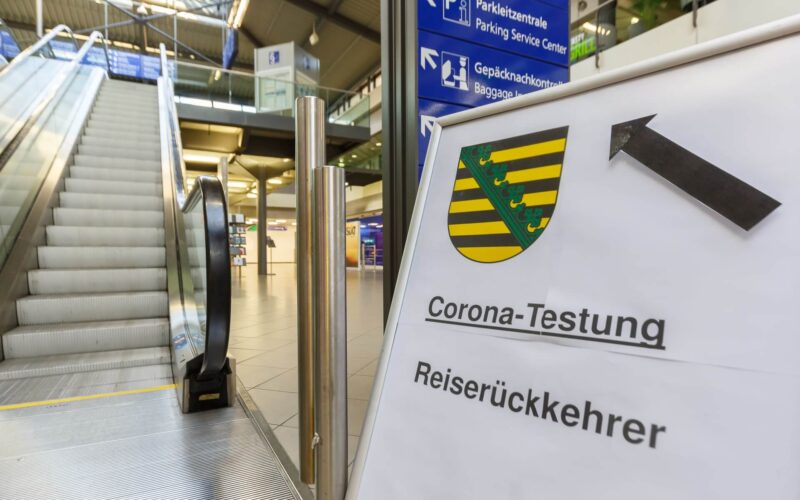As the aviation industry came apart at its seams, airlines are now trying to grasp the situation. While currently there is no vaccine available, the only option that the companies see as viable to restart the industry is testing.
The International Air Transport Association (IATA) issued a statement calling for governments to deploy systematic testing prior to departure to replace mandatory quarantines for passengers. The goal, according to the association, is to re-establish global air connectivity, which has been ravaged by the COVID-19 outbreak. The demand for international air travel is down by as much as 92% compared to 2019, indicated IATA.
“The key to restoring the freedom of mobility across borders is systematic COVID-19 testing of all travelers before departure. This will give governments the confidence to open their borders without complicated risk models that see constant changes in the rules imposed on travel,” stated the chief executive of IATA Alexandre de Juniac.
In April 2020, the airline-uniting body conducted a passenger survey that revealed 86% of travelers having concerns of being quarantined upon arrival, while 81% would not even consider getting on an aircraft if it involved a 14-day quarantine.
“The economic cost of the breakdown in global connectivity makes investing in a border-opening testing solution a priority for governments,” argued IATA.
Priorities and practicalities
Despite the fact that it called for governments to impose a blanket approach on testing, the association recognizes that the well-being of medical personnel, educational institutions, and working spaces should be considered as well. However, de Juniac added that lawmakers across the globe had to consider the “economic stimulus that only aviation can provide,” when officials had to prioritize testing resources.
“For example, re-establishing global connectivity will preserve travel and tourism jobs—which account for 10% of global employment and have been hardest hit in this crisis,” continued de Juniac. “Re-opening borders supported by systematic testing of all passengers prior to departure should be on the priority list of governments.”
Practical challenges to implementing testing passengers prior to their departure would be aplenty, but it is the preferred option to create a “clean” environment as travelers embark on their journeys. Testing on arrival is a problematic approach, highlighted IATA, as it once again puts a person at risk of being quarantined upon a positive test. What kind of solutions to ensure that passengers are protected financially if they get tested positive, the industry body did not specify.
Aligning governments to accept one global standard, and policymakers, airlines, and airports, working in unison will be key to restart aviation. The association will pursue this through the International Civil Aviation Organization (ICAO).
“Testing will only be meaningful if results at departure are accepted on arrival. This is where the leadership of the ICAO CART process which brings together governments, the health authorities through WHO and the industry—will be critical,” concluded de Juniac.

